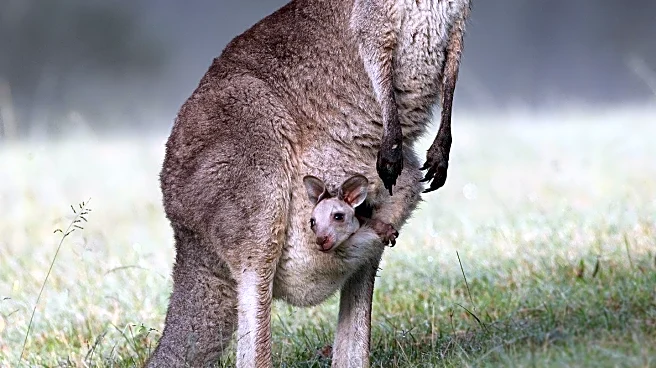What's Happening?
A study has examined the growth patterns of preterm infants receiving Kangaroo Mother Care (KMC) in a low- and middle-income country setting. The research found that certain early life factors are associated
with different growth outcomes, such as underweight, stunting, and wasting at one year. The study suggests that KMC, combined with strong breastfeeding support and regular follow-up, can optimize growth in preterm infants, highlighting the importance of early intervention in resource-constrained settings.
Why It's Important?
Preterm infants are at risk for suboptimal growth outcomes, which can have long-term health implications. The study underscores the potential of KMC to improve growth trajectories, offering a cost-effective and accessible intervention for improving infant health in low-resource settings. It emphasizes the need for targeted support and monitoring to address growth challenges in preterm infants.
What's Next?
Healthcare providers may consider integrating KMC into standard care practices for preterm infants, particularly in low-resource settings. Further research could explore the long-term effects of KMC on growth and development, as well as its potential to reduce healthcare costs associated with growth-related complications.
Beyond the Headlines
The study may influence public health policy regarding infant care and nutrition, promoting KMC as a viable strategy for improving outcomes in preterm infants. It could also lead to discussions about the ethical implications of resource allocation for infant care in low-income countries.








